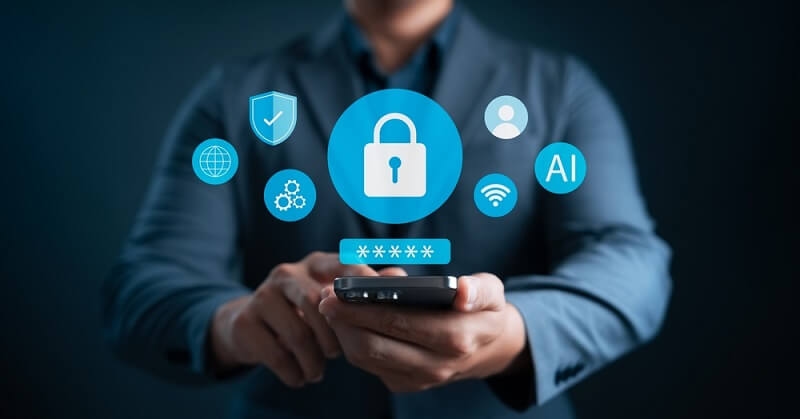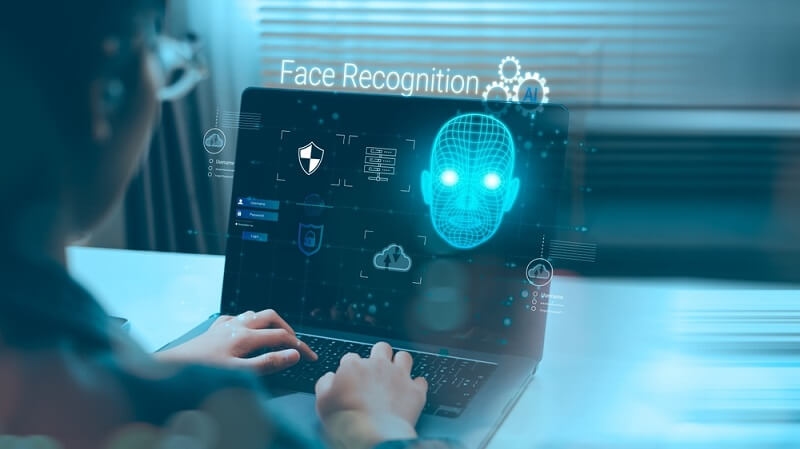
Age verification is a standard procedure in many sites, particularly alcohol related sites, online games, adult sites, or social media sites. Although this might appear to be plain, you may be asked to submit sensitive personal information during the process of proving your age over the internet. It is important to know what happens to your information and the dangers of it to protect your privacy. This blog will discuss the specifics of the privacy of age verification, the risks it may introduce, and how your data may be accessed and abused.
Age verification on the Internet does not simply involve showing your age. It may entail the exchange of personal details that may provide a blow to your privacy. Learning how it operates will make you safe on the internet. A large number of sites demand age verification in order to be in compliance with laws or block content.
It can gather personal information such as your date of birth, ID, or even your facial data. Being aware of the data that is gathered and its application can assist you in making safer decisions. Raising awareness about privacy threats enables you to ensure that your personal information is not abused or violated.
Age check may be in various forms. Other sites get you to fill in the date of birth. Scans of ID cards or driver’s licenses may be requested by other people. The sophisticated technologies check your age based on facial recognition or age estimation on your face. All of the methods gather personal data that may be saved, distributed, or even stolen in case the site is not secure.
Age verification systems online are of many kinds:
Every system is associated with privacy issues and possible risks.
Also read: Best Password Management Tools for U.S. Businesses
Whenever you verify your age online, you provide personal information. Understanding what data is collected is important for protecting your online privacy.
Some of the common information collected during age verification includes:
Even if a website claims to delete this information after verification, there is always a risk that it could be stored, shared, or hacked.
Age verification data is usually stored in secure databases. However, no system is completely safe from breaches. The more data a site collects, the bigger the risk of exposure in case of a data breach or age verification incident.
While age verification helps protect minors and ensures legal compliance, it comes with risks that users should be aware of.
When you provide personal data for age verification, there is a chance that your information could be shared with third parties without your consent. Online age check privacy is not always guaranteed, and your data could be used for marketing or even sold to other companies.
Data breaches and age verification cases are becoming more common. Hackers can gain access to databases containing sensitive personal information like ID numbers, credit card details.

Facial age estimation risk is a growing concern. When platforms use AI to scan your face, they create a digital record of your facial features. If this data is compromised, it can be difficult to remove, and it may be used to track your activities.
For companies operating in the USA and abroad, age verification and GDPR compliance are important. GDPR requires companies to handle personal data responsibly. If a website does not follow these rules, it could expose users to privacy violations.
Suggested reading: Machine Learning and AI in Cybersecurity: A Quick Guide
Once your data is collected during age verification, there are several ways it could be misused.
Hackers who access your personal information can commit identity theft. They may open accounts in your name, apply for loans, or even make illegal purchases using your information.
Your age verification data can be used for marketing purposes. Advertisers may track your online behavior and target you with personalized ads. Even if this seems harmless, it reduces your control over your personal data.
Even though age verification is sometimes required, there are ways to protect your personal information.
Always ensure that you check your age on credible websites that have a solid privacy policy. You should not use unfamiliar websites that can fail to comply with age verification GDPR provisions or possess poor security systems.
Where the platform permits it, employ avoidable methods which do not entail the use of facial recognition. Although it is convenient, the risk of facial age estimation is very high since when your facial information is uploaded on the web, it may be impossible to delete.
There are a lot of websites where you can restrict the application of your information. Always be sure to check the privacy settings and unsubscribe from any data sharing or marketing, in case it is possible.
Check your online accounts and credit reports regularly and make sure that there is no suspicious activity. In case you believe that you have been breached, change your passwords and report to the platform at once.
Explore more: Cybersecurity Compliance: Why It Matters for Every Business
Age checks are becoming more advanced, and so are the privacy issues.
Ege verification is being considered with new technologies such as AI and blockchain. AI can offer precise age recognition of a face, and blockchain can enable safe, decentralized verification of age, without personal data being stored on a central database.
The laws on privacy, such as GDPR and future regulations in the USA, are designed to safeguard the information of users. Firms might be required to introduce tighter security protocols and explain the purpose of age verification information.
Finally, the awareness about the users is essential. Knowing the risk of age verification and the ways in which your data may be used is an opportunity to make your inferences about the option of trusting the platforms.
One of the mandatory actions on the internet is age verification, which is associated with privacy and security threats. With data breaches to identity theft and the possibility of abuse of facial recognition information, one should be careful. Always give as little information as possible, use trusted sites, and watch your information to keep your privacy safe. When you are aware of age verification privacy and age verification risks, you will be able to access online content without any harm to your personal information safety.
This content was created by AI